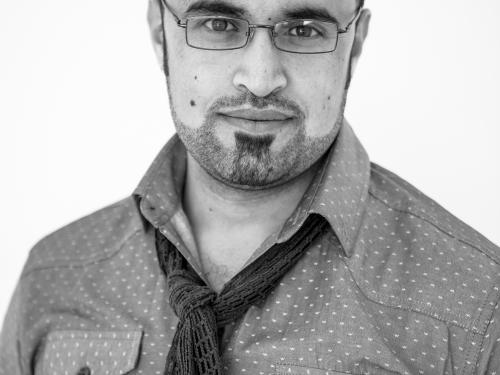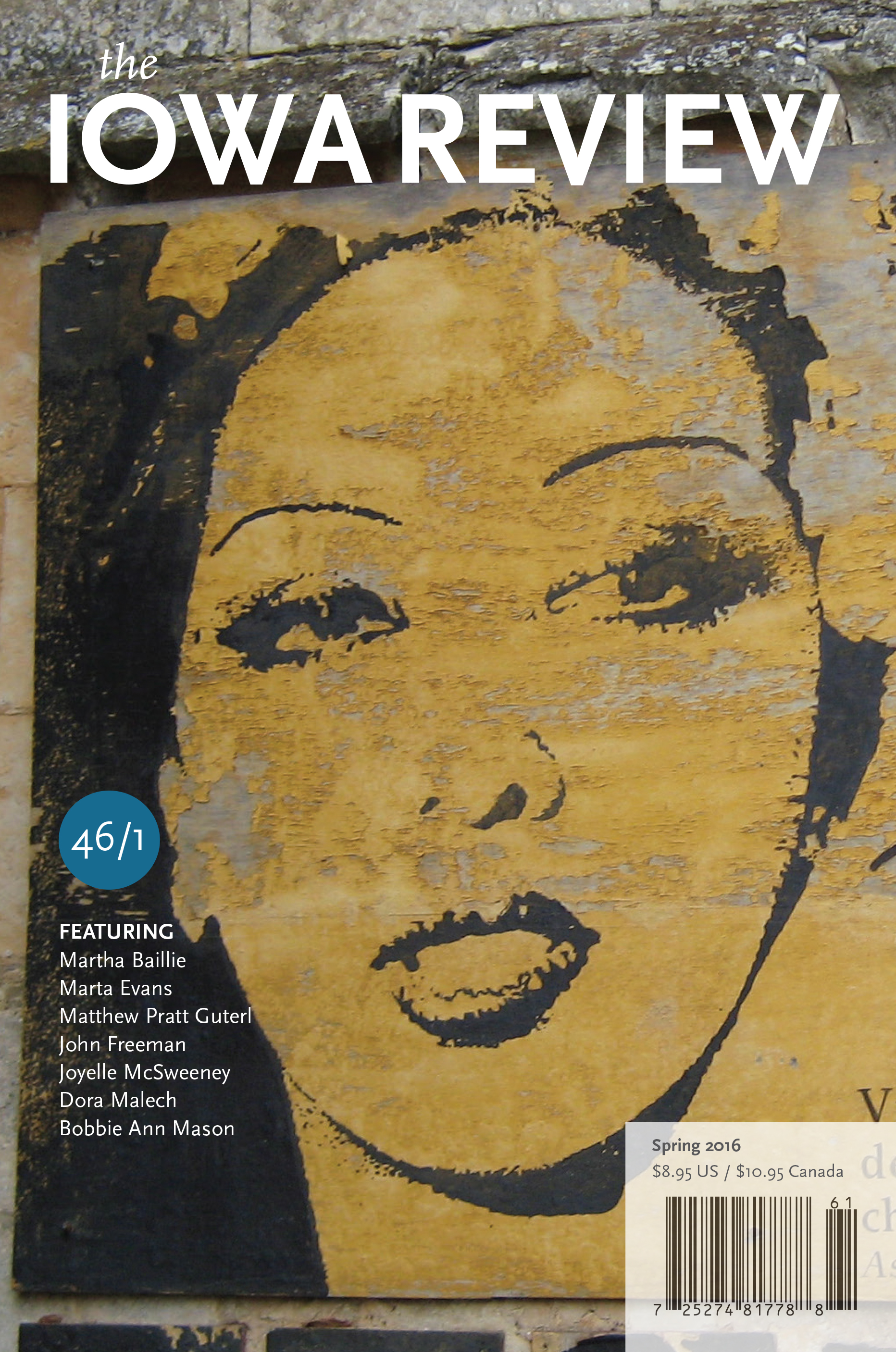
This poem is part of our spring issue's "Rising Poets of Iraq" dossier, edited by Alana Marie Levinson-LaBrosse
Over there, in that sleeping town,
beyond those hills that lay down,
five sisters hurried to the naked mountain.
Over there, in that deserted land,
where short and long valleys walk together
hand in hand, where the plain has no grove and no green,
where dirt routes don’t conclude,
five sisters were taken.
No one saved them.
The high and low mounds,
the scattered oaks,
the rough and smooth rocks,
the immense and little, the stones,
all these did not save them.
Over there, in that gray-blue distance,
five sisters screamed.
Over there, five sisters were left behind,
five sisters were grabbed from the arms
of their family to face the guns’ muzzles
in a sunburnt town, in a far horizon,
in a ragged mountain range.
God witnessed this tragedy,
the stunned moon witnessed it,
the lithe xerophytes witnessed it,
the salty warm dark soil witnessed it,
the hot golden noon witnessed it,
the ash houses, the dead bodies,
the dusty air, the blood’s smell,
and the sunbeams witnessed it.
None dared prevent it.
I did not: coward, feeble, poor sister.
*
Author Bio
Nawaf grew up in Sinjar on his grandfather’s farm. Together, the family cultivated vegetables, planted and maintained an orchard, and tended their sheep and cattle. With his grandparents’ passing, his father and uncles needed help on the farm from him and his five brothers, all still school-age. The boys devised a rotation: each year, one boy would postpone his coursework to help on the farm, allowing the other five brothers to continue with their education. Nawaf himself delayed school three different years until he finished high school. Together, the family made each mud brick and erected every wall of the twelve-room farmhouse. In 2014, when the Islamic State (IS) arrived in his province, they blew it up.
Nawaf was raised Yezidi, an Iraqi minority largely unknown to the Western world until the summer of 2014 when the Islamic State moved through the Nineveh Province, attempting genocide. Even considering that punctuated moment of international attention, Nawaf says sadly, “To be Yezidi is to be unknown.” His own countrymen often have little understanding of his religion and culture. When IS entered Mosul, Nawaf told his family, “Even if they don’t enter Sinjar, even if they don’t attack people randomly, we are targets.” In addition to the family being Yezidi, four of the brothers had worked for the U.S. military during the American occupation. But the family stayed put. The conflict felt too far away, Kurdistan was a safe haven, far from danger.
Nawaf enrolled in the university’s summer term. In August, he tried to return home for Eid, a religious celebration, but there was trouble on the roads. He was afraid he would get through and not be able to get back for the remainder of his classes. He turned around for Sulaimani, to celebrate Eid alone. Two days later, in the midst of the holiday, when daughters were returning to their fathers’ houses to visit and families were scattered throughout the province, the IS appeared. Nawaf, far from his family, watched them run to Mount Sinjar only to be stranded there. In ten days, he lost twelve pounds. Friends and relatives would call him from the mountain to say, “My child is dying. What should I do?”
A year before, researching suicide rates among Yezidis, Nawaf had met a young woman whose sister had killed herself. The day IS arrived was the anniversary of her sister’s death, a day the family commemorates by making food and hosting friends and neighbors. This woman had five sisters and a father who was half-paralyzed. She wanted her sisters and father to be safe, to escape. She helped them into a neighbor’s truck bed and sent them to the mountain. IS captured them all. “Every Yezidi I know has stories like this,” he says. “Families with only one person left. Everyone else just—gone.”
This is why he writes. “Whenever I write a poem,” he says, “it’s because I have faced and deeply felt a situation.” So, he says, “My poems will change based on the person I am when I write them. The same person can be many different people.”
